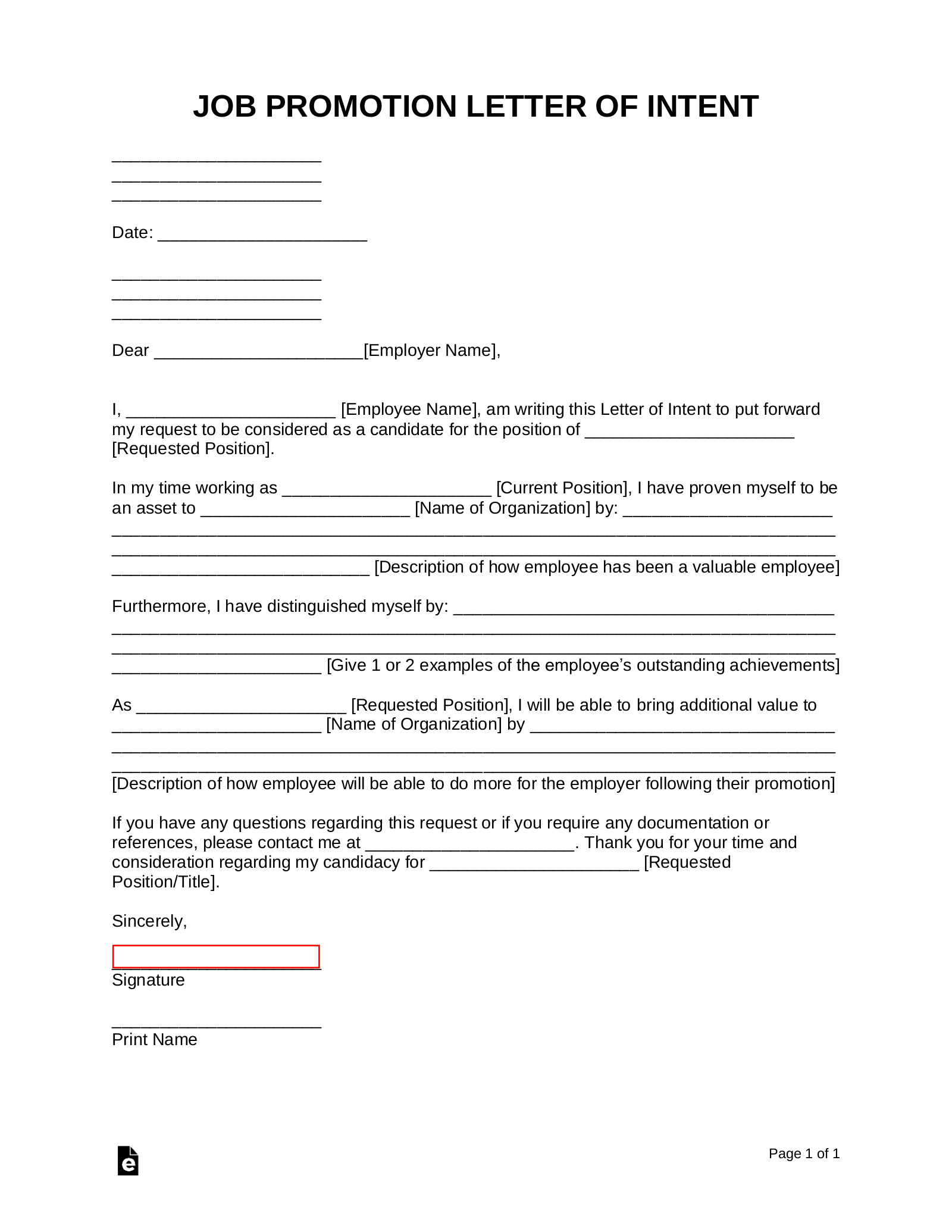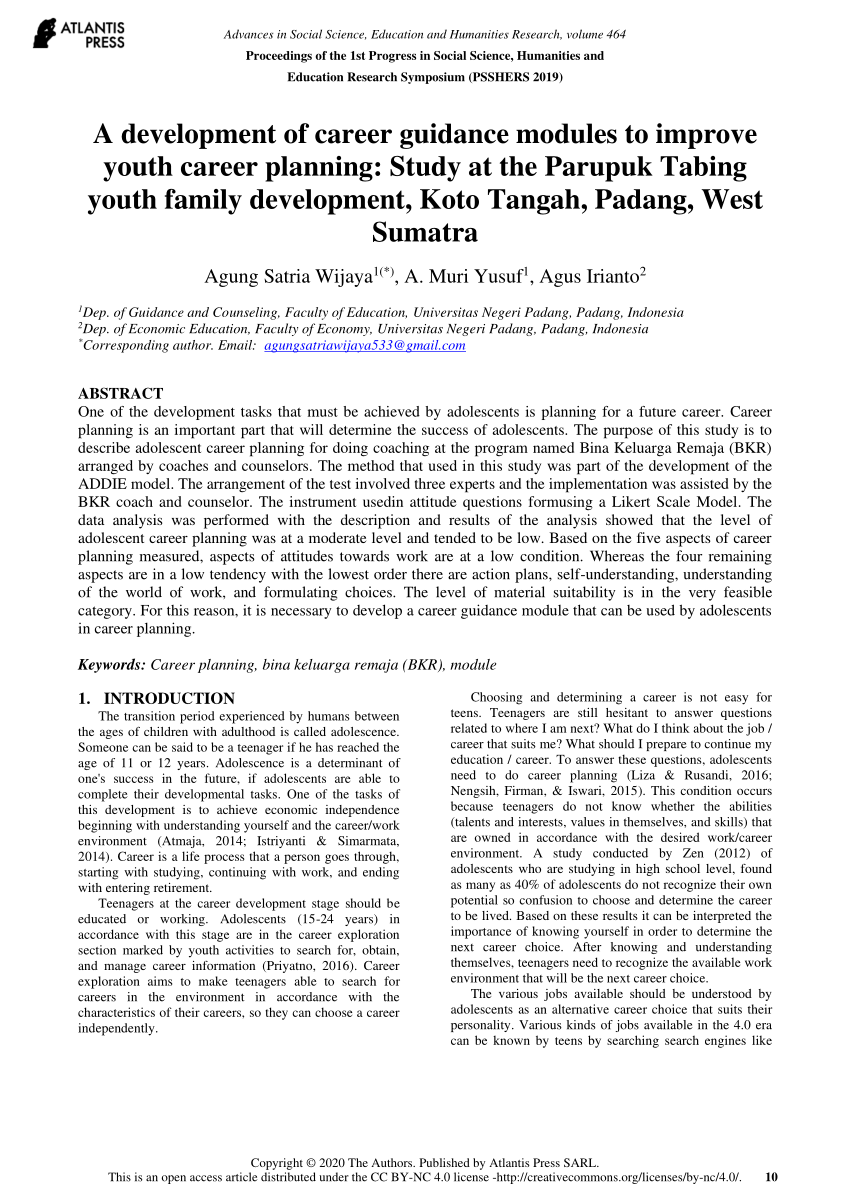
Networking with senior executives is a great way to get started in your new career. These people will often have a major impact on your career. Ask them to have a conversation about your situation. This will increase your recognition and lead to more opportunities.
Self-nomination
Even though self-nomination might not come naturally to many of us, it could help you to reach your career development goals. Self-promotion is possible with this legitimate method. Your letter should highlight your accomplishments and experiences. You should also briefly describe your qualifications for the job.
Self-nomination enables employers to access a broader pool of high-potential candidates. The process opens up to underrepresented groups and increases diversity. The list of protected characteristics includes race, gender, sexual orientation, age, and disability. This inclusion can help increase the pool of qualified candidates for management positions. Self-nomination reduces biases in initial selection.
Networking
A powerful tool in career advancement is networking. Networking can help you find job leads and expand your network. It also allows you to stay on top of industry trends. Learning from others is another way to learn. This will help you improve your skills and increase your self confidence. But how do networking power work for you?

When networking, it is important to be authentic. It is not enough to exchange business cards. You must also show genuine interest in each other's work and reciprocity. If your contacts feel you're interested, they are more likely than others to share valuable information about their careers.
Upskilling
Upskilling, a strategy that allows employees to develop their skills, is a strategy of professional development. It can be challenging for employees to learn new skills, as it takes time and energy. Employee participation is crucial for successful upskilling. Employers should be able to communicate to them the benefits of upskilling and career development. This will help get buy-in. By selling employees on the benefits of career progression and compensation increases, employers can encourage employees to invest in their skills.
Employees can also negotiate higher salaries and greater responsibility by upskilling. By showing that your new skills will benefit the company, organization, and you personally, you can negotiate for higher compensation. As long as you have the right skills to match your current role and meet company needs, it is possible to upskill your career.
Learning for life
Lifelong learning can be used to help you stay on top of current trends and maximize your potential, whether it's for a career change or education. Learning can involve self-help books reading, personality tests or networking with industry mentors. Learning does not need to be academic. It should be fun.
Lifelong learning not only helps you remain competitive and relevant, but it also increases your creativity. You'll be more appealing to future employers if you take on new challenges and explore new areas of interest. It's vital to stay current and relevant in a changing world of work. Attending seminars and workshops can help you do this, as well as enrolling in courses at university.

Mentorship
Trust is key to a mentoring relationship. Trust is essential for a mentoring relationship to be successful. Both must trust the other to give accurate guidance and keep each other honest. Trust is crucial in today's highly competitive world. To establish and maintain it, both parties must communicate regularly and follow through on promises.
Mentors have the ability to offer guidance that will help the mentee excel in his current position and prepare for growth. In order to retain talent in an organisation, it is crucial that mentors are available. The University of Southern California recently found that such opportunities help to prevent employee turnover. It was also shown that employees may be less likely to leave if they receive the right training or development opportunities.